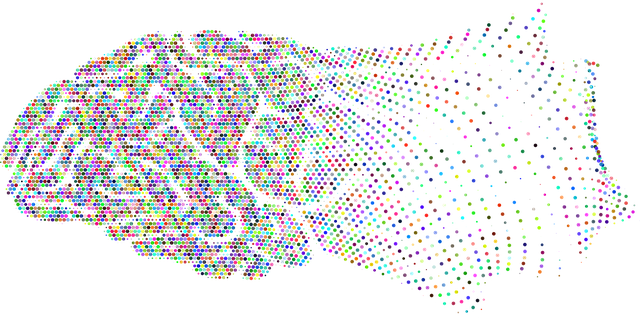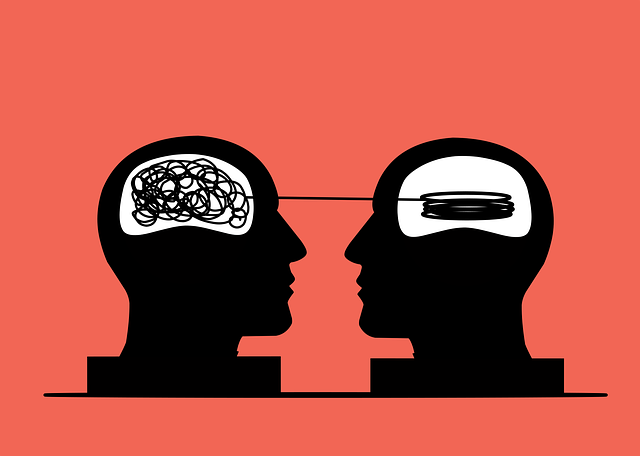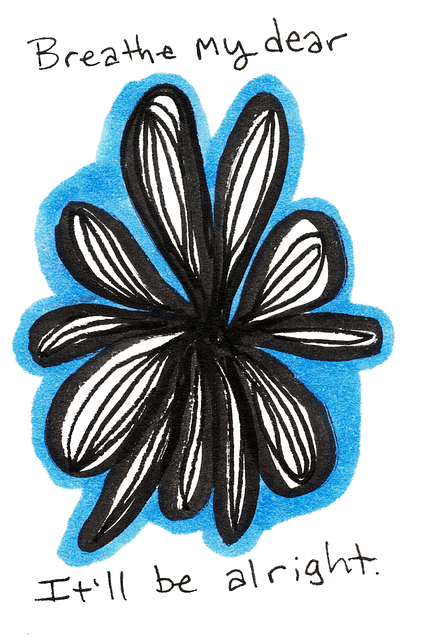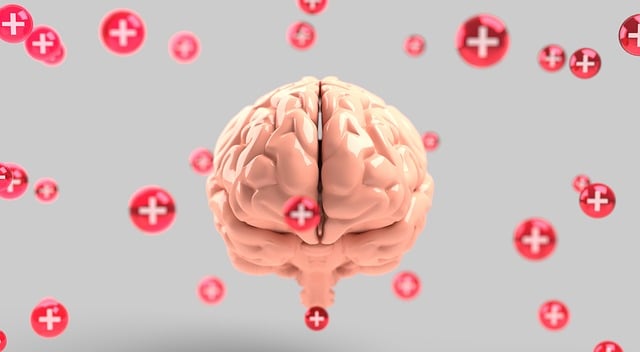The media's portrayal of children's mental health is inadequate, contributing to stigma and hindering young people from seeking help. Online therapy platforms emerge as a game-changer, offering accessible resources, interactive content, and wellness coaching tailored for young minds. By integrating these digital solutions, media can promote positive mental health narratives, encourage early intervention, and foster communities that support mental well-being, especially in remote areas. Therapy for Young Children and online therapy are effective tools, backed by cognitive-behavioural therapy and mindfulness techniques, to revolutionize mental health care accessibility and destigmatization.
Mental illness representation in media significantly impacts young minds, often perpetuating stereotypes or spreading misinformation. This article explores the current state of media portrayal, delving into the challenges faced by children struggling with mental health issues. We discuss the harmful effects of these representations and propose solutions, focusing on online therapy platforms as a promising avenue for accessible care. Additionally, we offer strategies for creating effective content that fosters positive mental health discourse and encourages open conversations within communities.
- Understanding Mental Health Issues in Children: The Current State of Media Representation
- The Impact of Stereotypes and Misinformation on Young Minds
- Online Therapy Platforms: A Promising Solution for Accessible Care
- Designing Effective Content: Strategies for Positive Influence
- Encouraging Open Conversations and Community Support
Understanding Mental Health Issues in Children: The Current State of Media Representation

The current state of media representation regarding mental health issues among children is a topic that demands careful scrutiny. Despite increasing awareness about mental wellness, media often perpetuates harmful stereotypes and lacks accurate depiction of young minds grappling with various conditions. Children, being highly impressionable, internalize these portrayals, which can significantly impact their understanding of their own experiences. This, in turn, may hinder their willingness to seek help or view therapy as a viable option for coping with their emotional challenges.
Online therapy platforms have emerged as game-changers, offering accessible resources and services tailored specifically for children. These platforms provide not just therapy but also tools for coping skills development and mental wellness coaching programs. By integrating these digital solutions, media can play a pivotal role in educating young audiences about mental health while promoting positive emotional healing processes. Through interactive and engaging content, children can learn to recognize their feelings, develop healthy coping mechanisms, and, most importantly, understand that seeking help is a sign of strength.
The Impact of Stereotypes and Misinformation on Young Minds

The media has a profound impact on shaping young minds, often influencing their perceptions and understanding of various aspects of life, including mental health. When it comes to mental illness, stereotypes and misinformation prevalent in the media can have severe consequences on young individuals. These negative portrayals contribute to the perpetuation of stigma, creating an environment where suffering from mental health issues is often met with judgment and misunderstanding. The impressionable minds of children and adolescents are particularly vulnerable to these messages, which can lead to self-stigma, reduced self-worth, and a reluctance to seek help when needed.
Online therapy has emerged as a powerful tool in combating these challenges. By providing accessible resources and platforms for mental illness stigma reduction efforts, young people can gain insights into managing their well-being. Through interactive sessions with qualified professionals, online therapy offers a safe space to explore emotions, learn stress reduction methods, and boost confidence. This alternative approach empowers individuals to take charge of their mental health journey, challenging societal norms and promoting a more positive, informed perspective on mental illness.
Online Therapy Platforms: A Promising Solution for Accessible Care

In today’s digital era, online therapy platforms emerge as a promising solution to bridge the gap in accessible mental health care, especially for young children. These platforms utilize technology to deliver therapeutic services remotely, breaking down geographical barriers and providing much-needed support to those who may face challenges attending traditional in-person sessions. With a focus on mental wellness coaching programs development and mind over matter principles, these online therapy options offer a convenient and often more affordable alternative for individuals seeking help.
The implementation of community outreach program initiatives can further enhance the benefits of online therapy, ensuring that support reaches diverse populations. By leveraging digital tools, mental health professionals can now cater to a wider audience, including those in remote areas or with limited mobility, fostering a sense of community and improving overall mental wellness. This accessible approach has the potential to revolutionize how we address mental illness representation in media, promoting positive change and destigmatization.
Designing Effective Content: Strategies for Positive Influence

In designing content that portrays mental illness accurately and positively, media outlets play a crucial role in shaping public perception. When creating stories or campaigns, it’s essential to consult with experts such as psychologists, therapists, and support groups to ensure factual representation. Incorporating real-life narratives from individuals who have successfully navigated their mental health struggles can be powerful. These personal stories can inspire hope and empathy while challenging stereotypes associated with mental illness. For instance, highlighting the effectiveness of online therapy for young children, which is a growing trend in mental health care, can showcase accessible and innovative solutions.
Furthermore, focusing on depression prevention and stress reduction methods through informative content can help reduce the stigma surrounding mental illness. By presenting practical tools and resources available, such as cognitive-behavioural therapy or mindfulness practices, media platforms can empower viewers to take proactive steps towards better mental well-being. These strategies not only positively influence audiences but also contribute to broader mental illness stigma reduction efforts.
Encouraging Open Conversations and Community Support

Encouraging open conversations about mental illness in media can foster a supportive community that extends beyond traditional therapy settings. By normalizing discussions around mental health, we can create an environment where young children feel comfortable expressing their emotions and seeking help early on. Online therapy platforms have revolutionized access to treatment, especially for those facing barriers like stigma or geographical constraints. These resources empower parents and caregivers to connect with qualified therapists who specialize in pediatric mental health.
Additionally, healthcare provider training, including cultural competency programs and burnout prevention strategies, plays a pivotal role in effective risk management planning for mental health professionals. Equipping practitioners with the tools to navigate diverse patient populations and manage their own well-being ensures they can provide optimal care, ultimately contributing to stronger communities that support mental wellness from all angles.
Mental illness representation in media plays a pivotal role in shaping young minds. By addressing stereotypes, misinformation, and promoting positive content, we can foster an environment conducive to open conversations about mental health. Online therapy platforms offer a promising solution, providing accessible care for young children. Through effective content design and community support, we can challenge current narratives and revolutionize how mental illness is perceived, ultimately enhancing the well-being of our youth. Therapy for young children online becomes not just an option but a necessary step towards a healthier, more understanding society.








